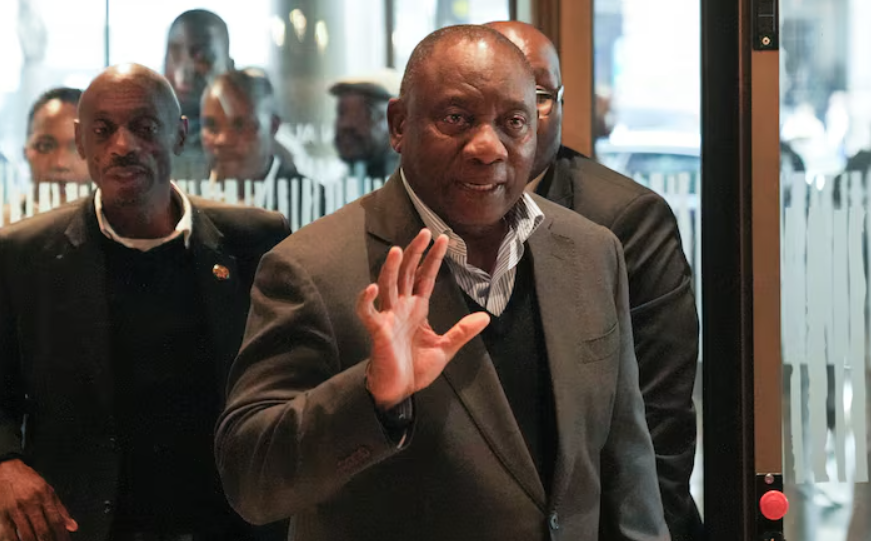After forming a historic alliance with opposition parties in reaction to the ANC’s dismal performance in the most recent elections, Cyril Ramaphosa is well-positioned to secure a second term as president of South Africa. In spite of the ANC’s precipitous decline in legislative representation, Ramaphosa has managed to secure his political survival—at least for the time being—through a unity government, thanks to his masterful negotiating abilities.
After the election, in which the ANC received 40% of the vote, Ramaphosa wasted little time in courting opposition parties including the Patriotic Alliance, the Democratic Alliance (DA), and the Inkatha Freedom Party. For the first time in the party’s 30-year history, the ANC will be sharing power under this coalition arrangement, breaking with its past supremacy.
While details of the coalition agreement are yet unknown, the DA acknowledged the arrangement at the first session of the National Assembly, outlining their role as deputy speaker. In order to keep the government stable, Ramaphosa must manage a varied coalition and risk giving up important policy decisions or cabinet positions, even if he still has the most parliamentary seats.
Ramaphosa has had to deal with both internal party strife and external political challenges during his time in office. He was a union leader and a key negotiator during South Africa’s move away from apartheid. Ramaphosa has succeeded in forming a solid base of support among the ANC leadership, even in the face of scandals like the “Farmgate” affair, which brought to light accusations of financial misconduct.
Voters in South Africa have long been unhappy about issues like crime, infrastructural problems, and unemployment, and the recent electoral defeat just serves to highlight this anger. Due to persistent economic stagnation and political infighting, Ramaphosa has failed to fulfill his campaign pledges to restore the ANC’s image and revive the economy.
Those who disagree with Ramaphosa’s leadership style point out that he has been very careful not to make any drastic changes that would cause friction within the party. On the flip side, his backers praise his collaborative style and his attempts to raise South Africa’s profile internationally, especially his fight for fair vaccination distribution during the COVID-19 pandemic and subsequent international legal actions.
Moving forward, Ramaphosa must traverse the intricate political terrain of South Africa while also tackling the pressing socio-economic issues that afflict the country. His capacity to bring together divided political groups, enact meaningful policy changes, and rebuild trust in the ANC’s leadership will largely determine how well he does as president.
For the sake of South Africa as a whole, Ramaphosa urged political parties to put aside their differences in ideology and race in his address to the nation after the election. The world is keeping a careful eye on Ramaphosa as he gets ready for a second term in government, hoping that he can make good on his reform pledges and lead South Africa to greater prosperity.


















